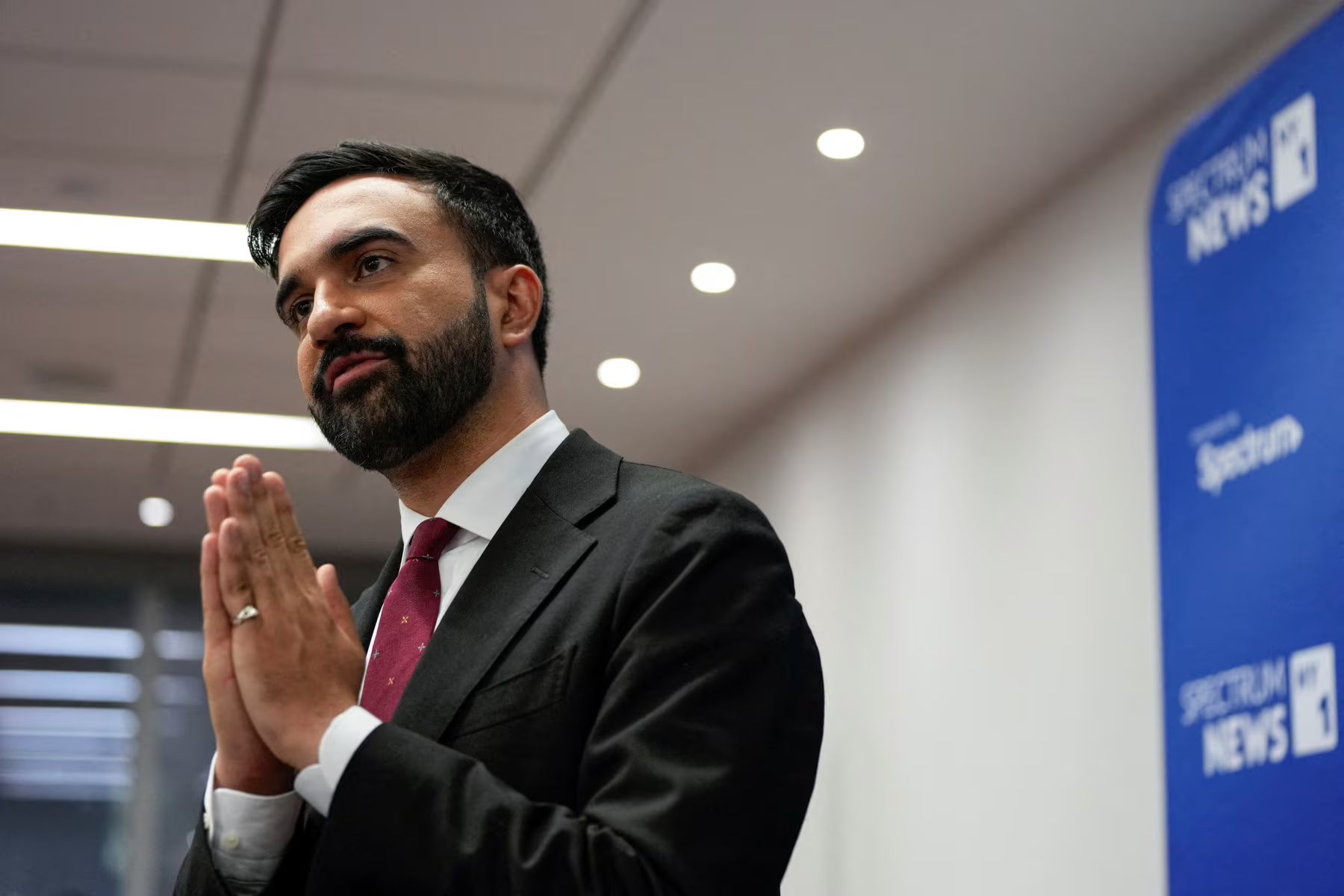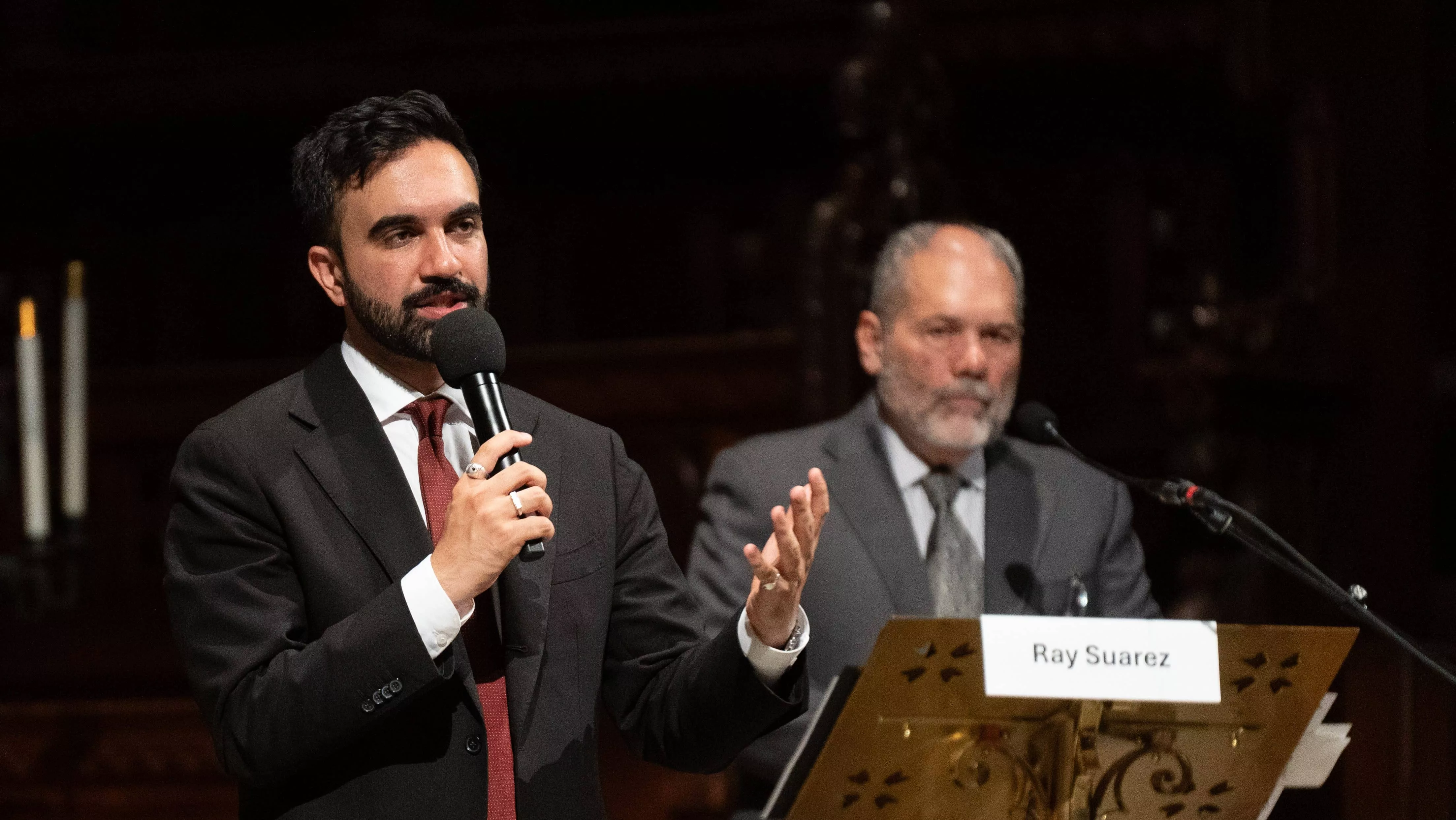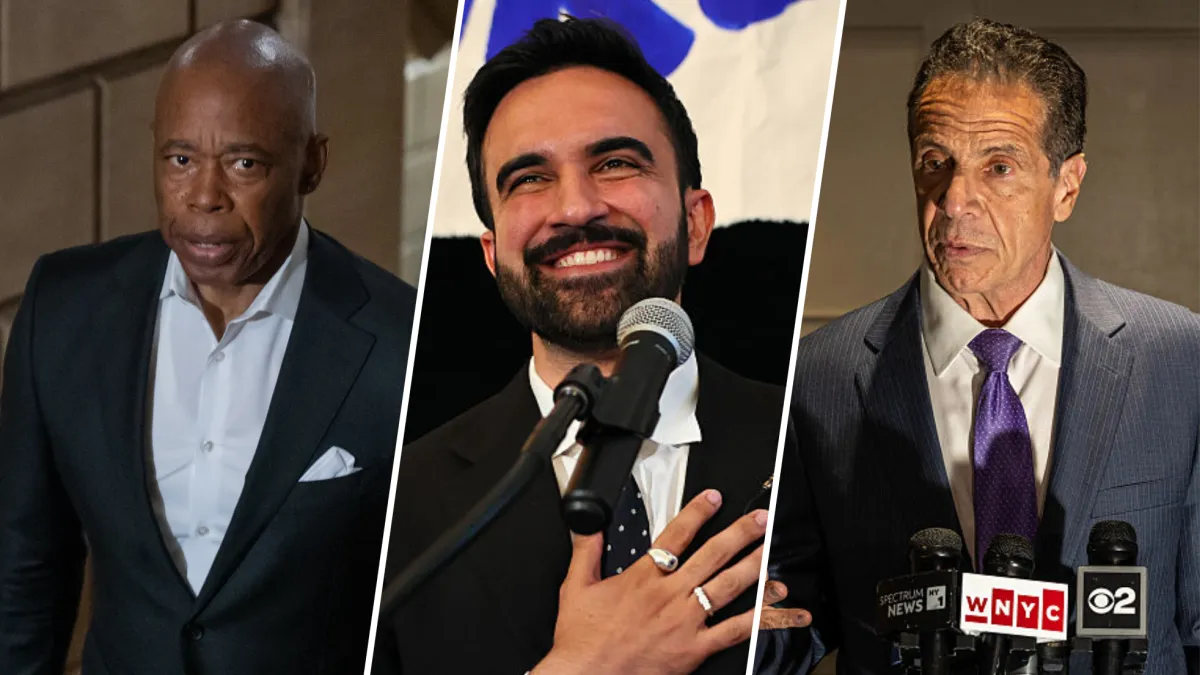NYC mayoral candidate Zohran Mamdani pushes affordability as infrastructure—housing, transit, wages. A bold vision testing the city’s blueprint.

New York City has always thrived on audacity. From its skyscrapers to its subway tunnels, from Harlem jazz to Wall Street finance, its story is one of impossible scale made real. But in 2025, the question is no longer how high the city can rise—it is how long it can last without cracking under the weight of its own inequality.
Into this tension steps Zohran Kwame Mamdani, a 33-year-old Assemblymember from Astoria, who is running for mayor of New York City on a platform that many call bold, others call radical, and almost everyone agrees is disruptive. His candidacy matters not because it offers easy answers, but because it forces New Yorkers to confront the very design of their lives.

Mamdani’s biography reads like a novel written in two continents. Born in Kampala, Uganda in 1991, he grew up surrounded by intellectuals: his father, the Ugandan academic Mahmood Mamdani, and his mother, filmmaker Mira Nair, are internationally recognized figures. Yet when the family moved to Queens, he entered the quintessential immigrant child’s story: navigating public schools, neighborhoods filled with accents from every corner of the world, and the long road to American belonging.
“Citizenship was not his inheritance, but his achievement—earned in 2018, decades after arriving in the city he now hopes to govern.”
That late naturalization, only seven years before his mayoral run, is significant. It shapes both the skepticism and admiration he provokes: critics question his depth of roots, while supporters argue it gives him a sharper appreciation of the struggles of the undocumented and the newly naturalized.
Elected to the New York State Assembly in 2020, Mamdani became part of a wave of progressive, democratic socialist candidates riding discontent with establishment politics. Representing Astoria and Long Island City, he has made affordability—not identity, not crime, not commerce—the center of his political DNA.
In Albany, he championed:
• Fare-free bus pilots—programs that eliminated fares on certain routes, making mobility a right rather than a daily toll.
• Taxi medallion debt relief—standing with immigrant drivers in hunger strikes against predatory loan structures.
• Tenant protections—strengthening rent control and housing rights for the city’s most vulnerable renters.
These victories, though modest compared to the ambitions of his mayoral platform, gave him a reputation as both activist and legislator—a rare hybrid in New York politics.

Mamdani’s mayoral campaign can be summarized in a single sentence: affordability is infrastructure. Not charity, not subsidy, but the structural bedrock of city life.
Housing: The Core Battlefield
• Freeze rents on rent-stabilized apartments.
• Build 200,000 new affordable units over the next decade.
• Invest heavily in NYCHA, the city’s long-suffering public housing system.
Here Mamdani is both echoing and expanding progressive housing agendas. He positions housing not just as shelter, but as the city’s foundation for dignity.
• Permanently eliminate bus fares.
• Expand free transit access pilots to cover more of the MTA network.
• Use state and city funding to treat movement like public lighting: universal, unquestioned, and essential.
Work and Wages: Redesigning the Paycheck
• Raise the minimum wage to $30/hour by 2030.
• Tie wage growth to inflation and productivity.
• Expand protections for gig workers, paraprofessionals, and other undervalued labor categories.
Daily Life Costs: Beyond Policy to the Dinner Table
• Establish a public grocery store in every borough, using city control to drive down food prices.
• Universal childcare and pre-K expansion.
• Baby baskets for all new parents, modeled on Nordic systems.
“If groceries, rent, and bus rides feel like luxury goods, then the city has already failed its design brief.”

No serious perspective on Mamdani can ignore the giant question: Can New York afford Mamdani’s affordability?
Fiscal Concerns
New York’s budget is already fragile, stretched between infrastructure, policing, pensions, and social services. Eliminating bus fares, building hundreds of thousands of housing units, and funding public groceries would require tax hikes, debt instruments, or state/federal support—all of which are politically volatile.
Economic Pushback
Critics warn of:
• Capital flight—high earners and corporations moving to lower-tax states.
• Landlord disinvestment—if rent freezes cut returns, owners may neglect maintenance or exit the market.
• Transit revenue collapse—if fare elimination is not offset, the MTA could sink deeper into deficit.
Political Branding
Mamdani’s democratic socialist identity draws immediate fire. For some New Yorkers, it signals hope; for others, it signals Venezuela. The branding battle is as fierce as the budget battle.

Even if Mamdani never steps into Gracie Mansion, his candidacy is already reshaping the political terrain.
• Housing is now front-page policy, not back-page filler.
• Free transit is no longer a fringe idea, but a serious debate.
• Minimum wage hikes are calibrated not in nickels and dimes, but in ambitious leaps.
This matters because politics is not just about winning elections—it is about redrawing the map of what feels possible.
“Mamdani’s candidacy is not a campaign; it is a pressure test for the boundaries of New York’s imagination.
Mamdani is not running alone. His backers include:
• Working Families Party (ranked him #1 among 2025 candidates).
• United Federation of Teachers (UFT), representing one of the city’s most powerful unions.
• Progressive lawmakers like Rep. Adriano Espaillat and City Council members aligned with DSA.
These endorsements give him credibility within the progressive bloc, but they also highlight his challenge: building beyond the left into the city’s moderate mainstream.

• Too idealistic: Some argue his proposals are slogans without fiscal grounding.
• Too polarizing: Branding himself as a socialist alienates centrists.
• Too inexperienced: Just a few years in the Assembly, critics say he lacks the executive muscle for the mayoralty.
And yet, his critics often end up reinforcing his narrative: if he is “too idealistic,” it is only because the city’s realism has become resignation.
Zohran Mamdani’s mayoral run is not about personality politics. It is about design politics. He is attempting to redraw the blueprint of New York: what it costs, who it serves, who it belongs to.
If New Yorkers embrace his vision, the city could become a global test case for affordability as infrastructure. If they reject it, it may still shift the Overton window far enough that future leaders cannot ignore the call for systemic redesign.
In either case, Mamdani matters. Because sometimes, the worth of a candidacy is not measured in votes, but in the questions it leaves behind.
“Whether he wins or loses, Mamdani is already mayor of a city that exists in imagination: one where dignity is designed into the blueprint of daily life.”

At the intersection of brain chemistry and human longing, intimacy between men reveals a landscape of vulnerability, reward, and identity. This article delves into how neural circuits, hormonal dynamics, and psychological frameworks undergird male-male intimacy—why it matters, why it unsettles, and why it offers one of the deepest paths to self-knowledge and human connection. By combining neuroscience, endocrinology, and relational psychology, this piece argues that male intimacy is not a peripheral luxury but a core human imperative: a frontier where biology and spirit collide.

AI is reshaping medicine from diagnostic tool to empathic collaborator — a transformation that redefines care, ethics, and the essence of healing itself.

Across alliances, borders, and institutions, power is increasingly exercised without trust. This article examines how legitimacy—not military strength or economic size—has become the decisive variable in global stability, and why its erosion now threatens international order.